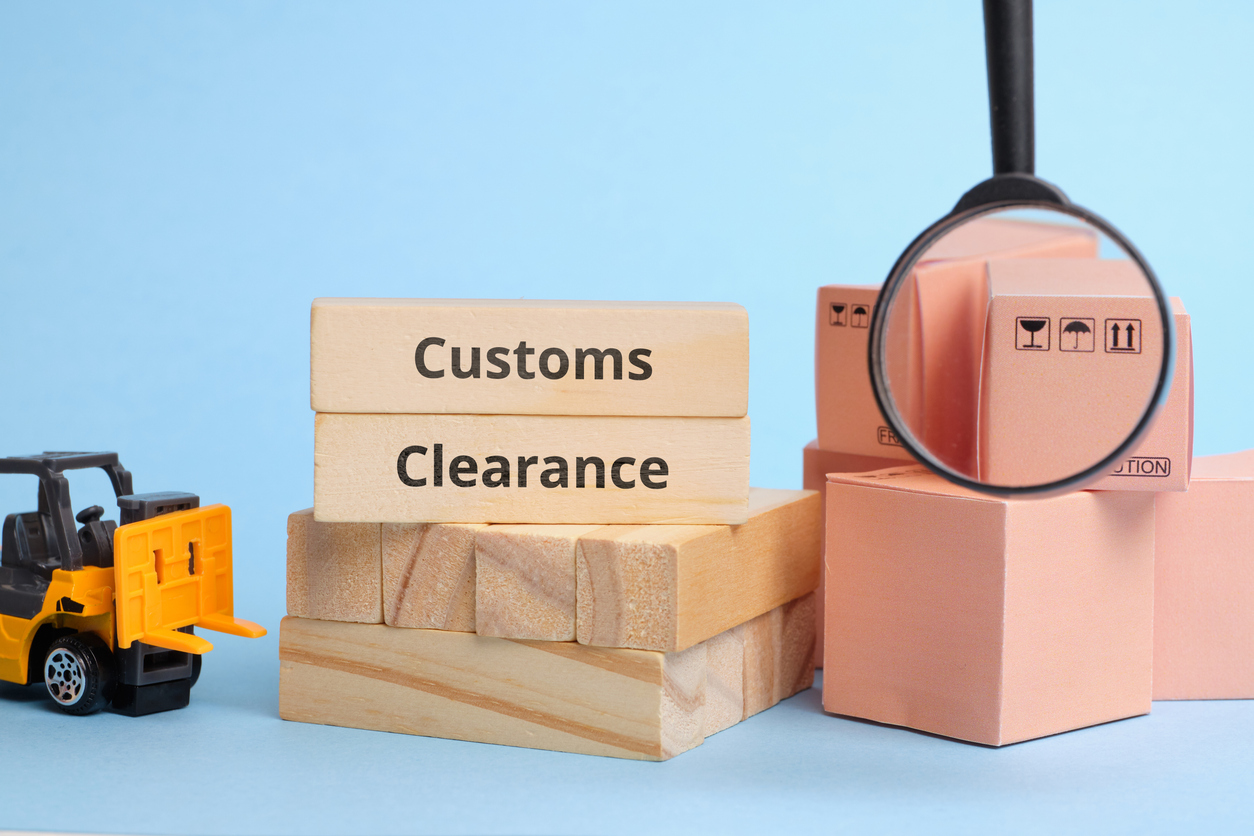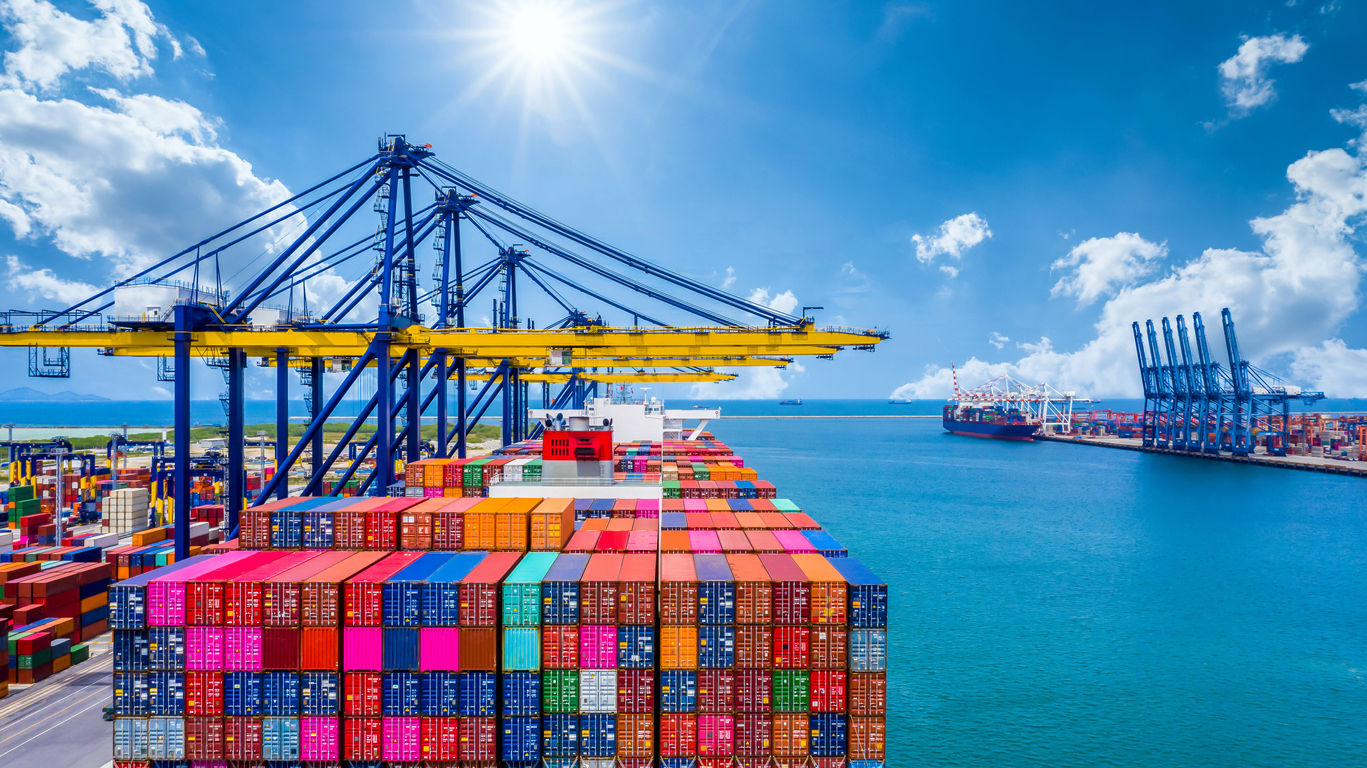7 Tips to Help You Buy Diamonds from Zimbabwe and Export Them Safely
7 Tips to Help You Buy Diamonds from Zimbabwe and Export Them Safely
The Zimbabwean diamond industry represents a massive opportunity for anyone looking to buy and sell diamonds from this region. A recent report from the World Bank has revealed that diamonds make up 7% of Zimbabwe’s GDP, with the industry directly employing around 30,000 people and indirectly supporting a further 110,000 jobs. With so many opportunities available in this market, you may be considering ways you can get involved in Zimbabwean diamond trade. Perhaps you have contacts there or are thinking of opening an office in the country. The good news is that it’s perfectly possible to buy and export diamonds from Zimbabwe without putting your company or personal safety at risk. However, to help avoid any unfortunate surprises along the way, we’ve outlined seven key tips below which will help inform your decision making process when buying…
Tips for buying and exporting diamonds from Zimbabwe
One of the main things you should do when making your first trip to the Zimbabwean diamond industry is gain a detailed understanding of the market, the players, and typical pricing structures. This will allow you to make better use of your time when visiting the mines, sorting houses, and cutting houses in Zimbabwe, while also helping you identify diamonds of a high quality. When searching for diamonds in Zimbabwe, there will be a few important factors to look out for. Firstly, make sure you get a rough idea of the country’s current diamond production. This will allow you to understand how much stock is currently available and whether it makes sense to wait for the next season or buy from the existing stock. Next, you’ll want to assess the country’s ability to produce high-quality diamonds. To do this, you should look at the expertise of the mine workers, the technology and equipment used, the skills of the management, and the overall investment in the industry. This information will help you understand how profitable the diamond industry is and whether it’s worth investing your money in Zimbabwe.
Determining the value of your Zimbabwean diamond
The price of diamonds is determined by a number of key factors, and the most important one is their rarity. Diamonds are considered rare because they can only be found in a few specific places around the world. While diamonds are extremely rare, the rarity of diamonds in Zimbabwe will depend on a number of factors, including: – Where the diamonds are sourced from – The quality of the diamonds – The quantity of diamonds available
Which currency will you use when buying?
The diamond industry is a global market, and more often than not, buyers and sellers will trade in other currencies. In fact, the U.S. dollar is the most commonly traded currency in the diamond industry, followed by the euro and the Japanese yen. However, you should try to avoid the dollar as much as possible due to the uncertain political climate in the country, with many experts predicting that there will be an economic crisis in 2020. Additionally, Zimbabwe has been experiencing a crisis of confidence since the government began printing their own currency in 2016. This has led to hyperinflation (where the prices increase rapidly), which has made the Zimbabwean dollar almost worthless.
Finding a reliable supplier in Zimbabwe
There are a number of factors you should consider when choosing your supplier in Zimbabwe. These factors include: – The quality of the product – The reputation of the supplier – The ease of communication – The terms and conditions of the contract – The reputation of the company – The payment terms – The shipping options
Exporting from Zimbabwe: Is it possible?
The Zimbabwean government has given the green light to businesses wishing to export diamonds from Zimbabwe. This means that you shouldn’t encounter any problems when trying to export your diamonds from Zimbabwe. However, it is important to be aware of the fact that different countries have different regulations regarding the importing and exporting of diamonds. In order to avoid any unnecessary complications, you should make sure you’re fully aware of the regulations in the country you’re expecting to import to. You can do this by contacting your local government department responsible for imports or by doing a quick internet search.
Other safety precautions to take when buying diamonds from Zimbabwe
One of the most important things to pay attention to when purchasing diamonds from Zimbabwe is the Kimberley Process Certification Scheme (KPCS). The KPCS is a way of tracking diamonds to make sure they don’t come from conflict areas. To make sure your diamonds are KPCS certified, you should make sure the seller has a certificate confirming each individual diamond has been verified. This will help prevent any issues with customs when you’re trying to export your diamonds from Zimbabwe. You should also make sure you’re paying your supplier in a secure manner. This will help to protect both you and your supplier from fraudulent activities. It’s recommended that you use a bank transfer or a money transfer service. These will provide you with a record of the payment, as well as help you protect your personal information.
Conclusion
Although there are plenty of opportunities to profit from diamonds in Zimbabwe, it’s important to make sure you’re taking all the necessary precautions when buying and exporting them. This is because diamonds are extremely valuable, and a large quantity of them being stolen or lost can be extremely detrimental to the industry. To help prevent this from happening, make sure you’re fully aware of the regulations in your country of importation, as well as your country of exportation. This will help you avoid any unnecessary complications with the authorities, as well as help protect the reputations of your company and employees.







LEAVE A COMMENT
You must be logged in to post a comment.